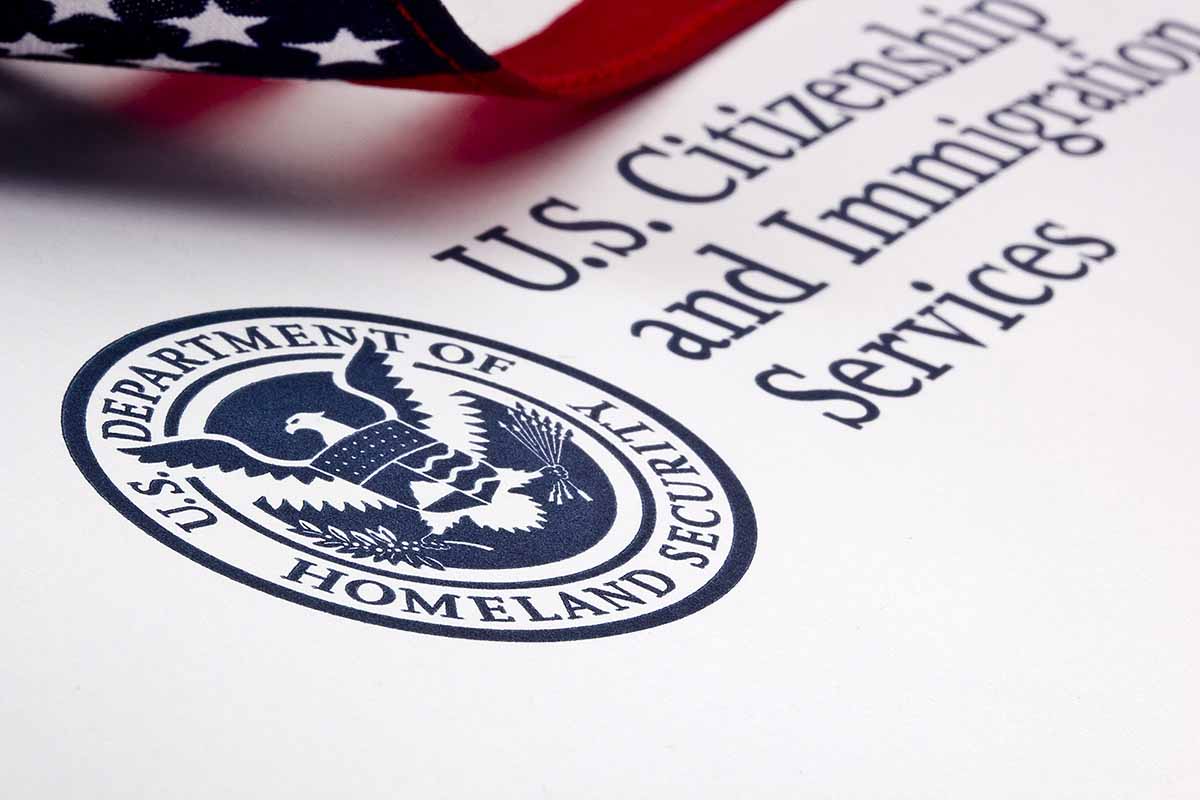Insurance fraud, mortgage fraud, embezzlement and income tax evasion are different forms of white-collar crime. White-collar crimes charges involve some form of deception, but violence is generally not used to carry them out.
Fraud is probably the most common white-collar crime. Unlike a theft crime in which money or personal property is physically removed from the possession of a victim, a fraud victim loses the money or property a result of a lie, trick or deception. For example, someone running a Ponzi scheme tricks investors into parting with their money by promising them extremely high returns on an investment that does not exist.
Another form of white collar crime is money laundering in which money obtained from an unlawful enterprise, such as from the sale of illegal drugs, is “laundered” to make it lose its connection to the illegal origins. A money laundering operation might have legitimate businesses through which the unlawfully obtained money is passed.
People sometimes confuse tax evasion, which is a criminal offense, with making legitimate use of tax deductions and credits to minimize your tax liability. Trying to reduce the taxes you must pay to New Jersey or to the federal government is not illegal, but not reporting income or making up phony deductions could be tax fraud.
Many white collar crimes, such as securities fraud and insider trading, wire and mail fraud, and mortgage fraud and falsifying documents, may lead to a federal investigation that could end with criminal charges being filed. White collar crime charges, such as RICO/racketeering cases and Medicare and Medicaid fraud, can be complicated.
As informative as this posting might be, it is not offered as or intended to be relied upon as legal advice. Your best source for legal advice should be an experienced federal criminal defenseattorney.



Leave A Comment